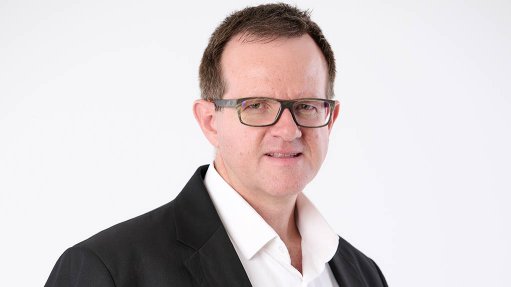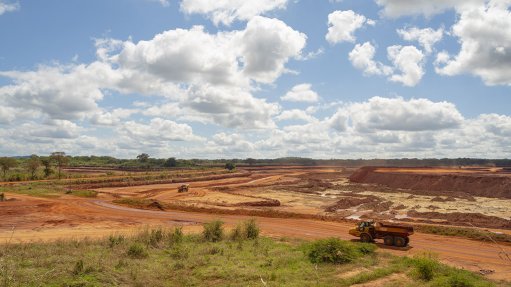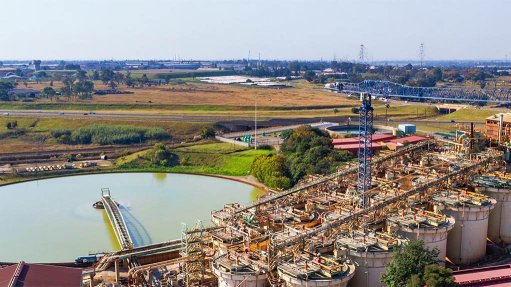The role of the private sector in Kenya’s journey to 100% renewable energy by 2030
This article has been supplied.
By: Geraldine Sande - Channel Sales Leader for Schneider Electric East Africa
Kenya is emerging as a leader in renewable energy on the African continent, with an impressive 90% of its electricity generated from renewable sources, primarily geothermal, hydro and solar power.
The country's geothermal capacity, particularly harnessed from the Olkaria power plant, in the Great Rift Valley, is a cornerstone of its energy achievements, contributing about 46% of its total energy supply.
However, Kenya's rapidly growing population also means the electricity demand continues to increase faster than the supply. As a result, Kenya also imports some power from Uganda, which produces more than it can use domestically.
Furthermore, the country faces last-mile power distribution challenges to address this, the government has launched the Kenya Off-Grid Solar Access Project (KOSAP), which involves partnering with private players to provide solar-based last-mile distribution solutions to reach these unelectrified households.
Distribution monopoly
However, power distribution is handled by the Kenya Power and Lighting Corporation which hinders private sector players from entering the microgrids and mini-grids market. The main challenge is the tariff standardisation and approval system.
As a result of Kenya’s tariff system, private players often have high capex which means they have to charge higher prices to recoup their investments. This has been a point of contention, with the government struggling to overcome the tariff regulation challenges that make it difficult for private players to compete.
Meanwhile, international bodies such as the World Bank have been providing significant funding to try and attract and support private players, with a focus on reaching the last-mile consumers who lack grid access. However, funding has to be distributed through local banks, which often impose high premiums and stringent eligibility criteria that make it difficult for community-based organisations to access the financing.
Despite these hurdles, there is a unique opportunity for the channel, including distributors, resellers, panel builders and system integrators to engage in a rapidly expanding market. As the country aims to triple its renewable capacity, envisaging a fully renewable energy landscape by 2030, collaboration among these stakeholders will be essential to meet the increasing demand for sustainable energy solutions.
Robust offering
Schneider Electric has a wide product portfolio to cater to different energy needs. For residential home users, it has a robust offering, from solar lanterns to inverters ranging from 800kW to 15kW. These inverters allow end-users to have a fully solar-powered system or a hybrid system that can provide backup power during grid outages.
On the industrial side, many companies in Kenya are now looking to go green. There is a growing focus on carbon credits and reducing the use of fossil fuels in power generation. As industries move away from coal and diesel generators, we are seeing increased adoption of solar energy.
Schneider Electric's EcoXpert energy solutions allow industrial customers to monitor the proportion of their power usage that is grid-based versus solar-based. Specifically, the EcoXpert Energy Management System product provides real-time integration and monitoring of the grid and solar power sources used by industrial customers.
The responsibility for energy sustainability should not lie solely with the government but should be shared among various stakeholders. This includes the local administration, individual citizens, industries, schools, hospitals and other institutions.
All these different stakeholders have a role to play in ensuring that Kenya remains green and transitions away from fossil fuels to more sustainable options. The collective contribution and participation of these diverse stakeholders is crucial to achieving the country’s energy goals and moving it towards a greener future.
Article Enquiry
Email Article
Save Article
Feedback
To advertise email advertising@creamermedia.co.za or click here
Announcements
What's On
Subscribe to improve your user experience...
Option 1 (equivalent of R125 a month):
Receive a weekly copy of Creamer Media's Engineering News & Mining Weekly magazine
(print copy for those in South Africa and e-magazine for those outside of South Africa)
Receive daily email newsletters
Access to full search results
Access archive of magazine back copies
Access to Projects in Progress
Access to ONE Research Report of your choice in PDF format
Option 2 (equivalent of R375 a month):
All benefits from Option 1
PLUS
Access to Creamer Media's Research Channel Africa for ALL Research Reports, in PDF format, on various industrial and mining sectors
including Electricity; Water; Energy Transition; Hydrogen; Roads, Rail and Ports; Coal; Gold; Platinum; Battery Metals; etc.
Already a subscriber?
Forgotten your password?
Receive weekly copy of Creamer Media's Engineering News & Mining Weekly magazine (print copy for those in South Africa and e-magazine for those outside of South Africa)
➕
Recieve daily email newsletters
➕
Access to full search results
➕
Access archive of magazine back copies
➕
Access to Projects in Progress
➕
Access to ONE Research Report of your choice in PDF format
RESEARCH CHANNEL AFRICA
R4500 (equivalent of R375 a month)
SUBSCRIBEAll benefits from Option 1
➕
Access to Creamer Media's Research Channel Africa for ALL Research Reports on various industrial and mining sectors, in PDF format, including on:
Electricity
➕
Water
➕
Energy Transition
➕
Hydrogen
➕
Roads, Rail and Ports
➕
Coal
➕
Gold
➕
Platinum
➕
Battery Metals
➕
etc.
Receive all benefits from Option 1 or Option 2 delivered to numerous people at your company
➕
Multiple User names and Passwords for simultaneous log-ins
➕
Intranet integration access to all in your organisation





















